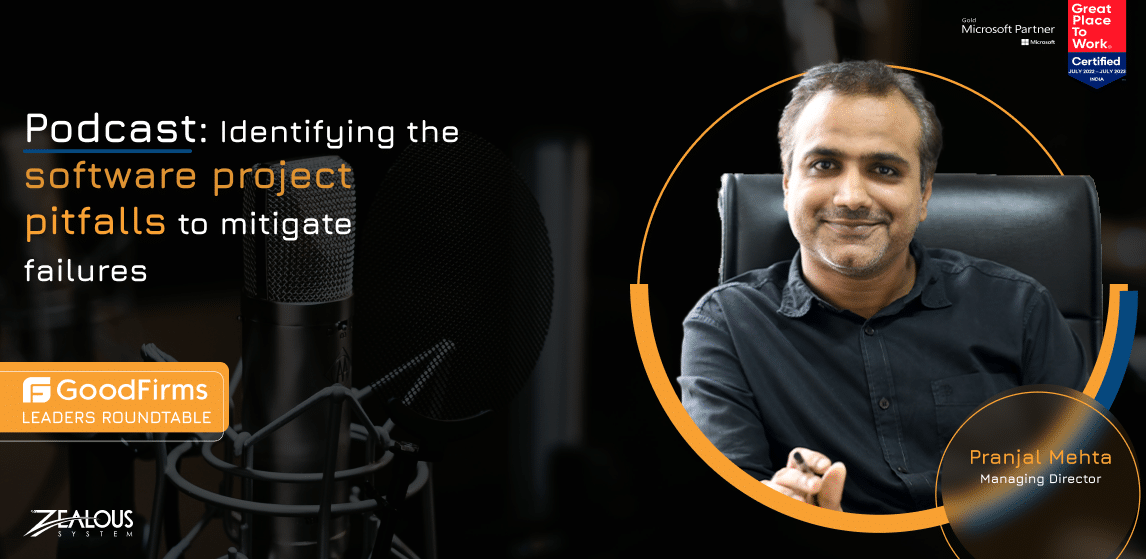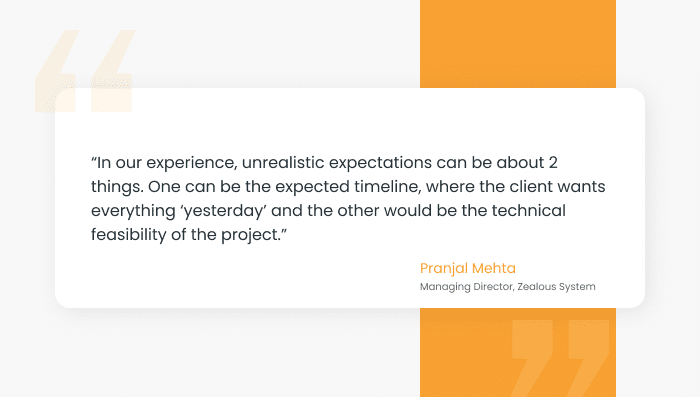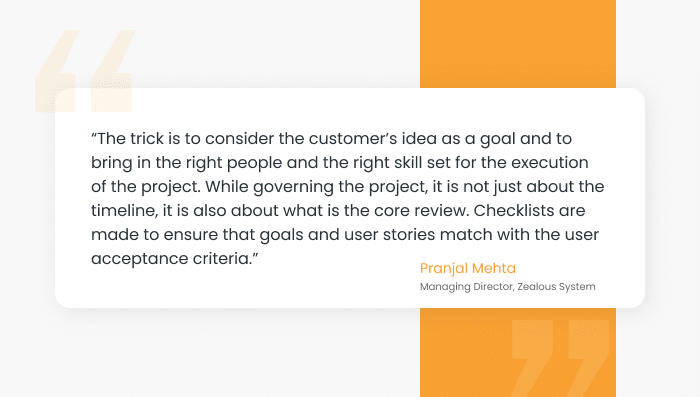
- Company
- Services
- UI/UX Design Services
- Microsoft Dynamics 365
- Mobile App Development
- AI Software Development
- Web App Development
- Generative AI Development
- Digital Product Development
- Enterprise Mobility
- SaaS Application Development
- Application Integration
- White-label WP Maintenance
- ERP Software Solutions
- Software Testing
- Offshore Development Center
- Let’s Connect
- Trending
- Technology
- Industry
- Build Your Team
- Our Work
- Company
- Services
- UI/UX Design Services
- Microsoft Dynamics 365
- Mobile App Development
- AI Software Development
- Web App Development
- Generative AI Development
- Digital Product Development
- Enterprise Mobility
- SaaS Application Development
- Application Integration
- White-label WP Maintenance
- ERP Software Solutions
- Software Testing
- Offshore Development Center
- Let’s Connect
- Trending
- Technology
- Industry
- Build Your Team
- Our Work
We use cookies and similar technologies that are necessary to operate the website. Additional cookies are used to perform analysis of website usage. please read our Privacy Policy
Debunking the Software Project myths and problems – Pranjal Mehta in conversation with GoodFirms

GoodFirms, a Washington, D.C. based B2B research, ratings and review platform provides an unbiased platform that can help enterprises and IT service providers connect. The platform is a prominent mediator in the market; they make a lot of efforts to help both the customers and service providers in making the process seamless and to improve the overall market scenario.
One such attempt taken by GoodFirms is the “Leaders Roundtable” campaign that is undertaken for budding IT entrepreneurs. To help aspiring businessmen tackle the challenges of the IT domain, they have created this podcast where they invite IT entrepreneurs and experts to discuss various problems of the IT domain and its ideal solutions.
With the custom software development demands on the rise, GoodFirms noticed that while the scope of work is huge and so is the pool of software development resource providers, there was a challenge identified that 66% of software projects fail!
To address this problem of Software Failures, scrutinizing its challenges and to discuss the ideal ways to tackle these challenges, GoodFirms invited Zealous System’s CEO, Pranjal Mehta, to the Leaders Roundtable discussion.
With Zealous Systems celebrating its decade of successfully serving its global clientele from different industries with its finesse and innovative approach, Pranjal Mehta brought to the table an honest and unfiltered discussion about the problems that enterprises face and also shared his business acumen of dealing with the software development challenges.
The podcast started with one of the most crucial questions as to why 66% of Software Projects fail and then moved to certain measures, processes and development methodologies that play an important role in the success of the Software Development Cycle. All in all the podcast covered all the integral bases of the discussion with these set of questions:
Questions asked in Podcast:
- What are the top reasons why software projects fail?
- With the increasing remote culture and adaptation of distributed networks, how does Zealous govern their projects?
- What are the critical factors that Zealous keeps in mind while setting project goals to reduce the risk of failure?
- Can you list key reasons why Agile projects are succeeding more?
- What is the role of software skills and communication in derailing software development projects?
Below are a few of the extracts from the Podcast and a glimpse of the topics that were discussed by Pranjal Mehta in the Leaders Roundtable Podcast.
Extracts and elaborations from Leaders Roundtable Podcast-GoodFirms in conversation with Pranjal Mehta:
What are the top reasons why software projects fail?
“We have been in this business for 10 years and have witnessed many projects failing but if you ask me the top 3 reasons why the projects fail, that would be
1) Lack of proper analysis
2) Market Inexperience
3) Lack of technical experts”
Elaborating on the points, the discussion went about how organizations fail to understand the scope of work or the outcome that organizations expect from custom software projects. With the increasing complexities of the nature of custom software, many organizations fall victim to the YES culture and make unrealistic commitments to their customers.
These unrealistic commitments raise challenges during the project execution and can lead to failure in the long run. Also, when the organizations are new, they sometimes cannot fathom the complex business processes of a complex industry and due to the lack of business understanding or the technical expertise required to accomplish the project, the software development projects have to witness problems and failures.
The resolution was to make the on-boarding and requirement-gathering process as seamless as possible. Especially when Zealous Systems deal with non-IT people, rather than overwhelming the client with technical jargon, we put efforts to understand the client’s requirements and put ourselves across as technical consultants.
With the increasing remote culture and adaptation of distributed networks, how does Zealous govern their projects?
The idea is to establish development best practices and hierarchy where each minute step or process of the software development life cycle is tested and monitored by the right people starting from the peer analysis or the unit analysis.
To mitigate the risk of a software project and to make sure that things go as planned, we deploy consultants before we start the execution. With various exercises such as cross-validation, competitive analysis, gap analysis for legacy systems and trying to create a better and clearer version than the one that the client brought to Zealous.
What is the role of software skills and communication in derailing software development projects?
Pranjal here tried to convey that a lot of projects face problems and conflicts because one of the 2 parties fails to communicate what they want or what they need and that leads to problems in the future. When an agenda is not communicated properly, it can lead to misaligned goals and can also lead to poor decision-making.
What are the critical factors that Zealous keeps in mind while setting project goals to tackle unrealistic expectations?
To provide clients with optimum clarity about the project and what they can expect, our team of analysts and technology consultants provides a complete project analysis and reports about the feasibility of the project. We also provide wireframes and prototyping services for proof of concept and better visualization. To provide a realistic timeline to the clients, we break down the project into various milestones and deploy a cross-functional team to ensure that the project timeline stays on the path.
Can you list key reasons why Agile projects are succeeding more?
“None of the development methodologies are obsolete but the success of a development methodology is dependent upon the nature or the requirements of the projects that you are taking onboard. The key to the success of Agile is flexibility but if you have concrete planning in place, the waterfall methodology can also be a great methodology. ”
The good, the bad, the ugly!
The discussion talks about some major setbacks and problems that clients and IT service providers face during software development journeys. Pranjal Mehta bears it all on the table in this podcast and provides a glimpse of the expertise that Zealous System has gained over its journey of 10 years. To listen to the entire podcast, visit this link – https://buff.ly/3RzkY6w
We are here
Our team is always eager to know what you are looking for. Drop them a Hi!
Pranjal Mehta
Pranjal Mehta is the Managing Director of Zealous System, a leading software solutions provider. Having 10+ years of experience and clientele across the globe, he is always curious to stay ahead in the market by inculcating latest technologies and trends in Zealous.
Table of Contents
×




Comments